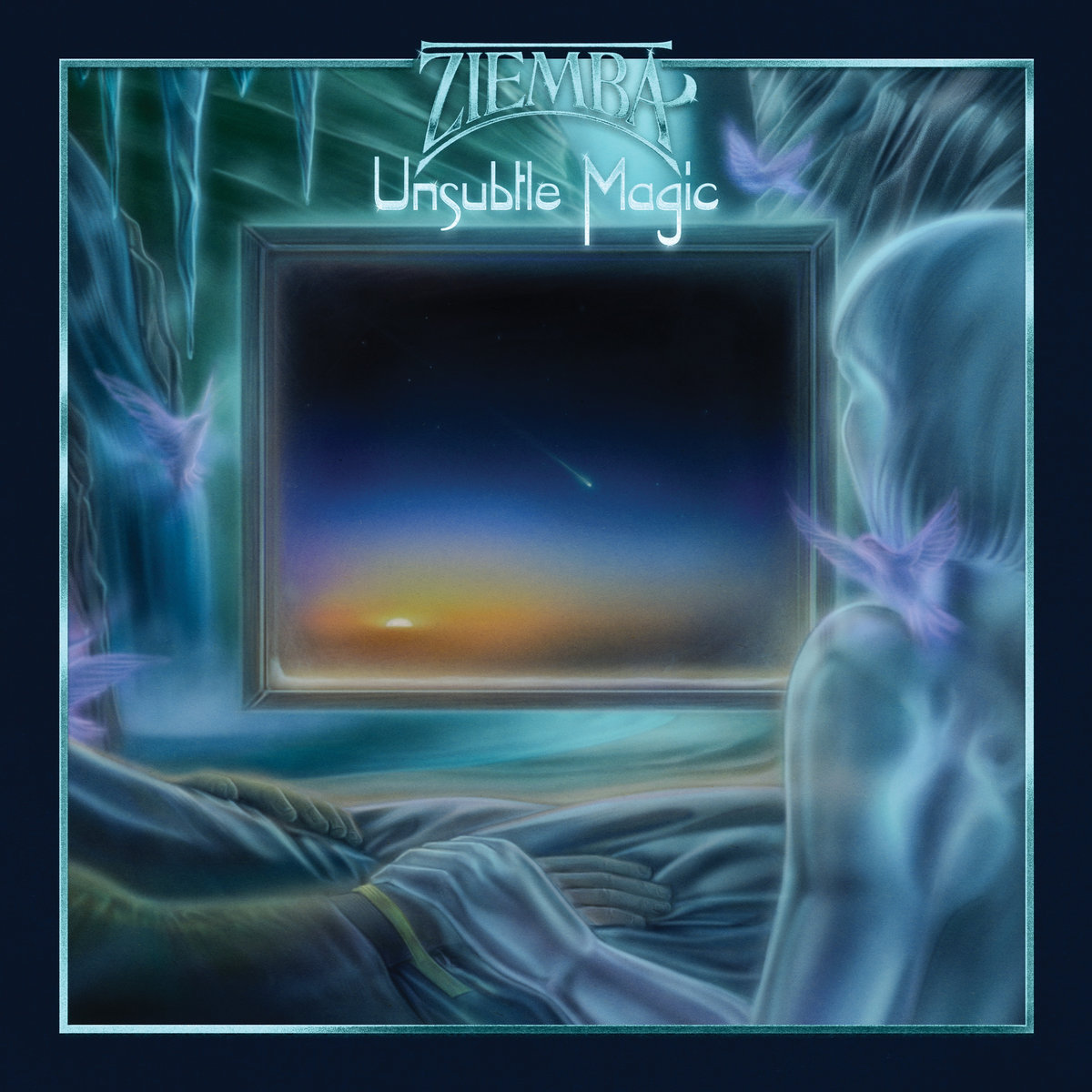My grandparents were the reason my family and I went to church on Christmas day. As they got older, this became the only time of year they could manage to make it along, regular Sunday outings no longer possible in their increasingly frail state. As we sat around the dining table later that day on the 25th December to eat our turkey, stuffing, and all the other festive food, one of them would say grace, blessing the meal before we ate.
I remember the first Christmas without them. The family scrambled to church on Christmas morning, but there was a definite sense of not quite belonging among us. (The rest of my family scrapped the annual trip in subsequent years, whereas I kept going for sentimental reasons.) Come lunch time, when the final plates and trays of food were placed down on the table, there was a knowing pause: Does someone say grace? Does anyone here even know how to? My Dad, a stoic monolith of anti-emotion evidently not wanting to deal directly with any sadness on this joyous day, chimed in quickly: “dig in.” And so we did, and in every year since, that knowing pause has vanished from the household everywhere but inside my head.
Christmas is arguably the worst time to lose loved ones, and René Kladzyk (aka Ziemba) is ready to make that case. Her new album, Unsubtle Magic, reckons with the devastating loss of her father; after suffering a stroke and spending the weeks around Christmas 2019 in hospital, he passed away at the beginning of the new year. A man who was “really into Christmas”, Kladzyk’s album navigates grief around the holiday period with her father now gone. On Unsubtle Magic she approaches Christmas through a desolate lens, untangling a new reality before her.
Where Unsubtle Magic intrigues most is when Kladzyk deconstructs tradition and builds it into something new. On “Only Lonely Christmas” she inserts phrases from “Silent Night” into the bleak hospital bedside scene. As woozy Sufjan-esque horns tinge the melancholic air, the phrase “Sleep in heavenly peace” takes on a new, crushing meaning. At the other end of the record she offers up her own take on “I’ll Be Home For Christmas”, leaning into a theatrical side as bellowing percussion and bobbing horns drive the song. Elsewhere, she drops references to other classic Christmas songs, like it’s a presence she can’t ignore.
Like the album title says, this isn’t especially subtle wizardry. Kladzyk is direct on “Time Doesn’t Freeze”: “Of all the things I want, most of all Christmas with you.” Sometimes her phrasing is clunky and blocky like the piano chords that carry most of the songs here, but it’s easy to forgive such things. The grief is direct, and at times you can feel the mournful tears the lyrics were written with. Over stilling brass at one point she asks “will you haunt me?”, like she’s grasping for some final connection to her father. On “A Nightmare” she tends to the collapsing house he left behind, contemplating that “part of me might die here” as she tries to salvage items from the wreckage. (She also covers one of her father’s songs here; “Set in Ice” plays like one of Kladzyk’s own, fitting neatly into the surroundings and the line “Get up every morning just to sing these songs” reverberates all too tellingly here.)
Despite the clear sorrow on display, the album still lags a bit at points, particularly in the second half. “Fear” – a half Lennon, half Weyes Blood patient drums and piano affair and album highlight – seems to set the pace for the middle section, meaning a few tracks get bogged down in lumbering tempos. “Time Doesn’t Freeze” seems destined to sink away without much note, but Kladzyk’s soaring vocals in the second half mark a moment of untethered release and relief; at first glance one might mistake her high notes for guitarist Jay Heiselmann. It’s hard to wish an album about grief have more peppy tempos like that on “Will You Haunt Me?” and “I’ll Be Home For Christmas”, but bookending each side of the album they leave a lot of space and want for more in between.
It’s also easy to imagine Unsubtle Magic not getting a lot of playtime outside of Christmas, but the icy melancholy of the tracks does resonate in the midst of the January Blues. If you’re not one for the festive season, then it’ll no doubt help the December days go down a little easier in the coming years. But if you long for Christmas once it’s gone, then Ziemba might have the medicine here. A document of grief and personal dedication as much as a searching record to try to figure out how to deal with a new lifelong sadness, Unsubtle Magic goes the noble and strong path to mark the heartbreak. Better that than let loss be left in a knowing silence forever more.

